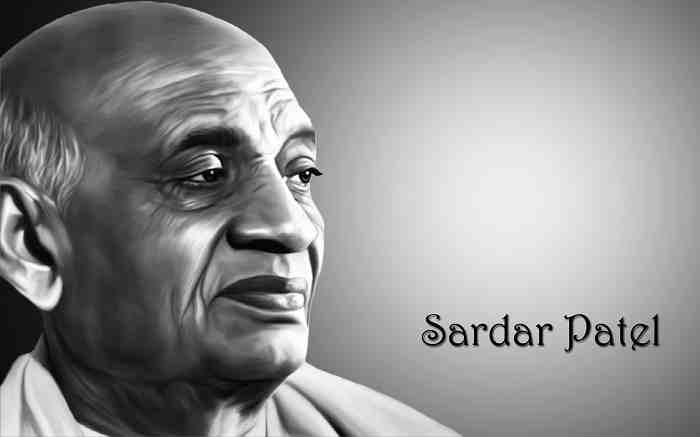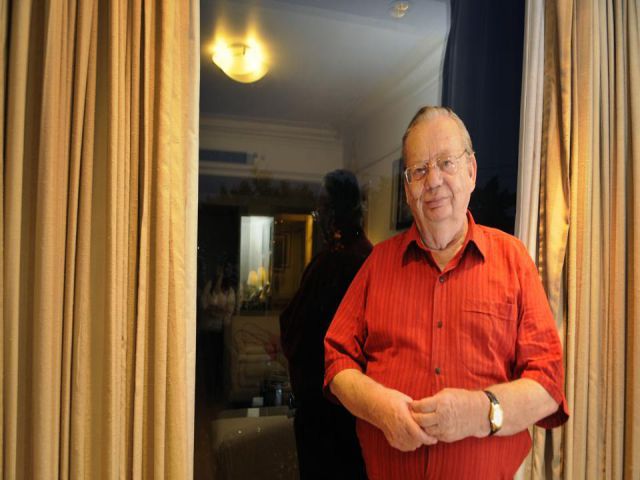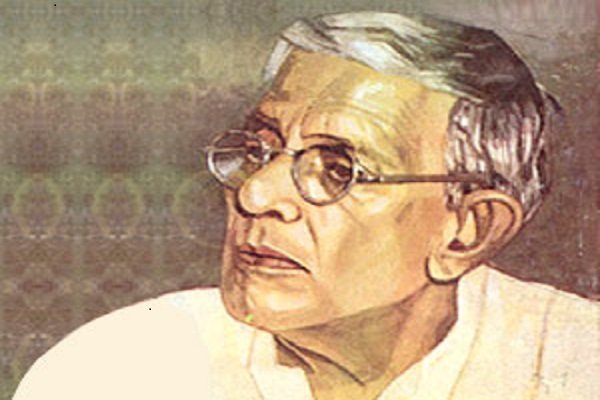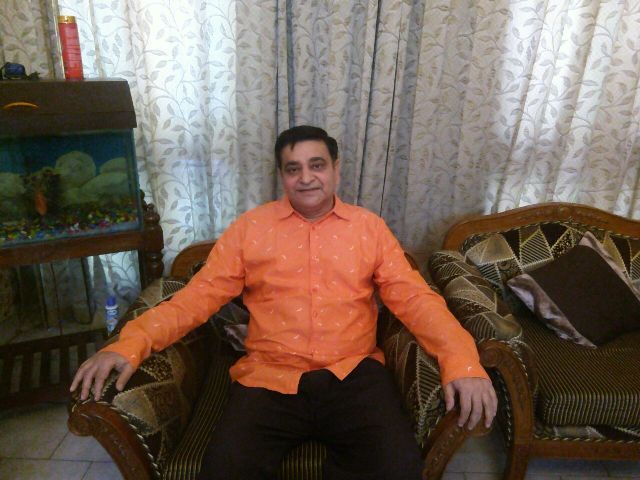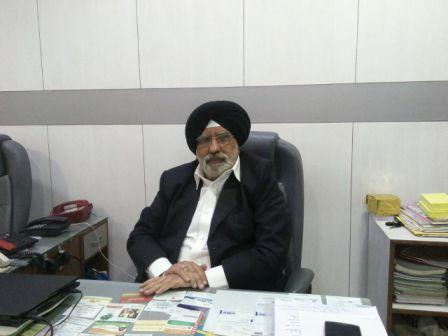Santoorist Abhay Rustam Sopori

Bringing Kashmir’s music to world: Abhay Rustum Sopori
In an era where music makes sense only when it is coming from electric Guitar, drums, saxophone etc., Abhay Rustum Sopori creates magic from an instrument we must have heard but have never witnessed in our lives. This young maestro, who belongs to a musical legacy of 300 years, brings together the best of forgotten musical instrument Santoor with a subtle blend of classical and rock music, making it favorable for every age group.

Being a music enthusiast, A.Kameshwari from One World News, was excited to know much more about the instrument, Santoor and Abhay’s journey. So, here is a peek into few moments of Abhay’s life:
“Miracles don’t happen in palaces. So get on the field, work and then tell people what was wrong and what needs to be done to make corrections”
300 years of legacy, has it been hard or easy for you?
Well, it has been extremely hard; expectations from me were extremely high. The most difficult thing is when you are in the field and you are straight away compared to the legend, who secondarily is your own father, with whom you are making your debut in concert. But then I also think that these were the challenges and expectation which made me to work so hard. I had no other option, neither had I wished for any, but to deal with these challenges and obviously I knew that the moment I’ll make a debut, I would be compared. Maybe some people find it negative, but for me musically it was a ladder to cross over for success in this zone. I feel a great sense of responsibility and pride in representing the lineage of the Sopori family and the Sufiana Gharana, and its legacy as the traditional custodians of the Santoor.

Everywhere we see youngsters flaunting a guitar or a violin, so what made you not follow the trend?
There have been three reasons why I came into music and why I have taken Santoor composition as my career. First reason being my own interest and desire to pursue music; secondly, the desire and responsibility of taking forward this exclusive Santoor tradition of the country; and finally, the expectations of the people around me, especially those of Jammu and Kashmir. My family has contributed a lot in the field of music and has produced one after one great musician, plus it has contributed so much to the state of Jammu and Kashmir. Today, Santoor and my life are intertwined – each is a natural extension of the other.
Yes, I wasn’t sure of what I was going to do in my childhood and if I would take music as my full-time career, but yes I knew that music is going to be with me for my entire life. But as I grew, I understood that this is what I am born for, and this is what I have to be. I was born to be a musician and here I am.
How was the switch from Management & computers to music?
Well, as I said as a child I knew that I would keep myself surrounded with music, but I had other interests and focus too. My basic subject has been management, and computers were to supplement management so that it can help me later on.

However, when I was in college, I felt that there are few things in the area of music which needed to be rectified. My father always told me that to correct something one has to become a part of the incorrectness. The kind of stage the new comers needed was not given to them and that was unbearable for me to look at artist of any age group not getting the sponsors and stage to perform and the entire talent getting waste.
So I decided to get into the field, work first and then make corrections. My father always used to tell me that once you are into this field, there is no looking back. The moment you start working for people or work for a cause, people attach their hope and aspiration with you and the biggest criminal thing one can do is to give hope and then not to do it.
How did you select this whole group of orchestra who performed with you on Lalit Kala Akademi’s 6oth Anniversary?
I have done ensemble for quite many years. It’s actually been JK FOLK music ensemble that I do, which I call ‘Soz-o-Saaz’ and that was the same group when we performed with maestro Zubin Mehta, when we were in Kashmir. The ensemble that I have presented in Lalit Kala Akademi’s 60th anniversary are musicians who have been with me for years now and some of them I have been grooming even on classical stage, light music stage and trying to teach them what ensemble presentation is all about. Because one can be expertise in performing alone but when it comes to performing with other twenty-five musicians, there has to be one thought to it and with grace of god, it is very strong team.

Couples of musicians are from other places too and with all these beautiful instruments we have rehearsed a lot and have seen these musicians growing as well. It takes a lot to come up with something like this.
Tell us what is Sur-Santoor?
It is an instrument that can be placed in the family of Harp. We already have another instrument called Sur-Mandal, which is essentially used by the vocalist, but with Sur-Santoor I have changed the tonal quality, sustain that the instrument gives. It is very close to the sound of Santoor, just two octaves as that is what I want, and a beautiful accompaniment to any instrument because Sur-Santoor has the perfect sustain and resonance which is just the right tone required for an instrumental accompaniment. Sur-Santoor is also like a miniature version of Santoor in its shape.
What measures have you taken to grab people’s interest in classical music?
People do enjoy the music irrespective of the fact they had a musical background or not. Now we as a classical musician, it is important to pass on a positive message. I am totally against the thought that if I see a particular audience who has no classical music knowledge or inclination towards it, I will start with a filmy song and tell them that it was based on some raag, which is completely a wrong way to inform the listeners. Classical music is so strong that one can do amazing experiments with it. So this is my interpretation of taking classical music to audience who somehow think that they don’t like classical music. But I think, Indians do love such music, no matter how much they deny, as it’s in their vein and blood. However, we need to convey classical music in an easy format.

What other instruments apart from Santoor you play?
I have learned sitar and have performed it for several years because that’s also our family instrument. I have learned many of the percussions and have little knowledge about every instrument because as a composer I need to know about them. I can guide a violinist only when I know that what it can produce. And that’s the reason why I have been able to make an orchestra. Sharing the stage with epic performer like Zubin Mehta, what else an artist would want?
What would you say about commercial music?
Well, commercial music is supposed to be the way it is. It’s beautiful. We can’t expect any Raag being sung by Salman Khan, it has to be commercial but yes we need to maintain the sanctity which depends on the composer.
Any message for our readers?
I think music is something which has to be an integral part of everything, not just India but entire planet. We are going through a phase where we are pretty busy in our individual life and I feel a human should be deeply sensible apart from being emotional and that’s where the music works. Music brings great degree of sensitivity in every individual and makes them think in a positive direction. Everyone can not be a professional musician. But we can be good listeners appreciating the creative expressions of other individuals.
Have a news story, an interesting write-up or simply a suggestion? Write to us at info@oneworldnews.in


